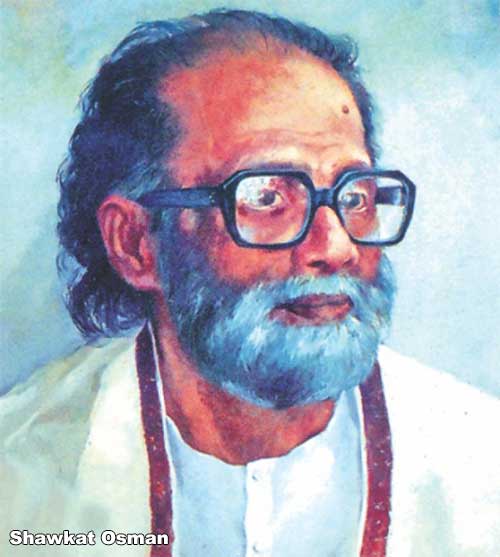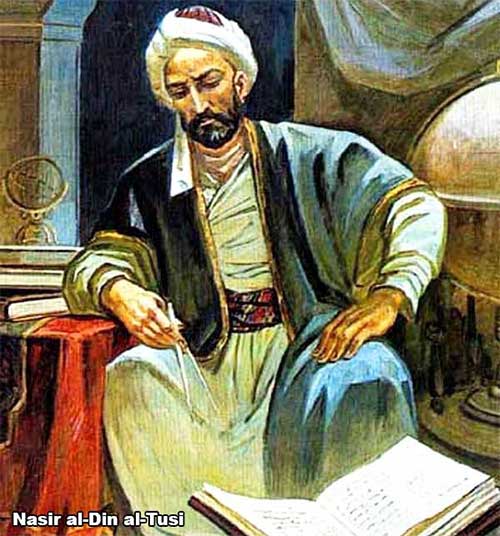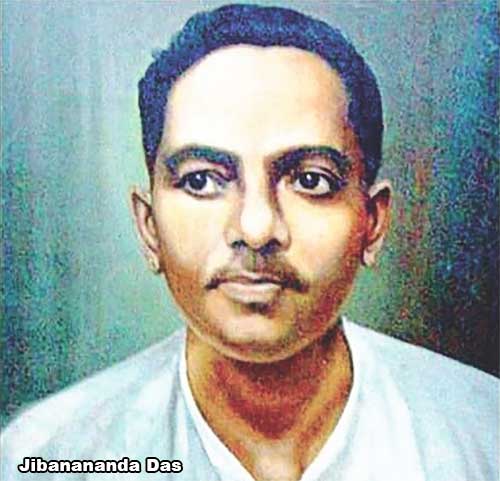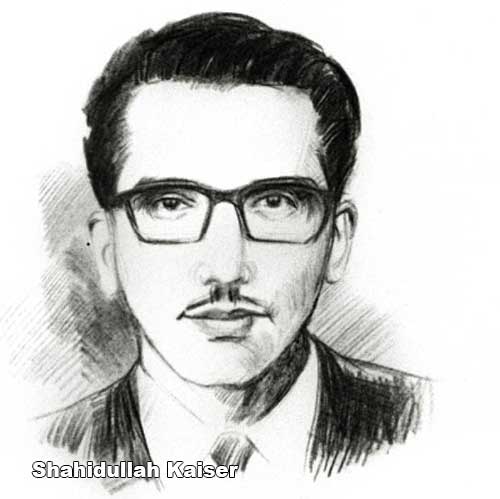
Shawkat Osman remains a monumental figure in the history of Bengali literature. His work, defined by bold themes and a deep commitment to social justice, has shaped generations of writers and readers. By intertwining cultural insights and timeless storytelling, his legacy continues to resonate deeply, fostering a remarkable bridge between literature and society.

Osman's contributions go beyond the boundaries of fiction; they delve into the human condition, inspire critical thought, and challenge societal norms.
The Life and Times of Shawkat Osman
Shawkat Osman, born Sheikh Azizur Rahman in 1917 in Hooghly, India, was a prolific writer who navigated the turbulent waters of pre- and post-partition Bengal. His academic journey began in Kolkata, where he pursued literature and law, setting the foundation for his sharp critical thinking and cultural insight.
His experiences during the British colonial rule, coupled with the socio-political upheaval of partition, deeply influenced his works. These periods of transformation instilled in him a sense of duty to address societal inequalities and advocate for justice through his writing.
The Literary Genius of Shawkat Osman
Osman's literary career spans novels, short stories, essays, and plays. His bold style often merged realism with satire, creating narratives that were both thought-provoking and entertaining.
One of his most celebrated novels, Kritodasher Hashi (The Slave's Laughter), explores themes of exploitation and resistance. The narrative intricately weaves the struggles of oppressed individuals against the backdrop of a corrupt socio-political system.
His works often mirrored the complexities of human emotions and societal structures, making them timeless pieces of art. Through his prose, he exposed the hypocrisies of the elite, empathized with the marginalized, and highlighted the resilience of the human spirit.
Shawkat Osman and Social Justice
Shawkat Osman was not just a writer; he was a visionary. His works served as a mirror to society, reflecting its flaws while urging reform. He believed literature was a tool for social change, a belief that shines through in every piece he penned.
His narrative style often included the voices of the oppressed, giving them a platform to express their struggles. By doing so, he fostered empathy among his readers, encouraging them to question the status quo and advocate for equality.
A Voice for the Marginalized
Osman's works are celebrated for their focus on marginalized communities. His stories illuminate the struggles of peasants, workers, and women in a patriarchal society. He explores the layers of poverty, discrimination, and systemic oppression, shedding light on issues often overlooked by mainstream literature.
His portrayal of these characters was neither romanticized nor patronizing. Instead, he presented them as real individuals with complex emotions and aspirations, ensuring their humanity was recognized and respected.
Legacy of Iconic Works
Shawkat Osman's repertoire is rich with literary gems. Kritadaser Hasi and Janani stand out as transformative works.
- Kritadaser Hasi: This masterpiece poignantly explores societal hierarchies and the relentless pursuit of freedom. Its satirical tone enhances its appeal, making it both a critique and a celebration of human resilience.
- Janani: Focusing on the enduring strength of motherhood, this novel delves into themes of love, sacrifice, and survival. It remains one of his most emotionally powerful works.
Each of his works is a testament to his ability to blend storytelling with social critique, ensuring his legacy endures in the annals of Bengali literature.
Discover Brilliant Legacy of Jasimuddin Masterpiece
Shawkat Osman's literary journey aligns with the tradition of great Bengali writers like Jasimuddin. Both authors excelled in capturing the essence of rural Bengal, though their approaches varied significantly.
While Jasimuddin's poetry celebrated the pastoral beauty and simplicity of rural life, Osman's prose often delved into the socio-economic complexities of the same setting. Together, they contributed to a broader understanding of Bengali culture and identity.
Osman's Influence on Modern Literature
Shawkat Osman's impact extends far beyond his lifetime. Contemporary writers draw inspiration from his bold themes and innovative narrative techniques. His works are studied in academic institutions, fostering critical thinking and cultural appreciation among students.
Osman's ability to address universal themes through a regional lens ensures his relevance across generations. His writings remind readers of the enduring power of literature to inspire change and foster understanding.
Why Shawkat Osman's Legacy Matters Today
In an age of rapid globalization and cultural homogenization, Shawkat Osman's works offer a refreshing perspective. They emphasize the importance of staying rooted in one's cultural heritage while addressing universal human concerns.
His stories remind us that literature can be a force for good, bridging divides and promoting empathy. As readers delve into his works, they discover not just stories but profound insights into the human condition.
Key Themes in Shawkat Osman's Works
Several recurring themes define Shawkat Osman's literary contributions:
- Social Inequality: A critique of class structures and exploitation.
- Human Resilience: Celebrating the indomitable human spirit.
- Cultural Identity: Exploring the essence of Bengali heritage.
- Morality and Justice: Advocating for ethical principles and fairness.
These themes resonate deeply with readers, offering both intellectual stimulation and emotional engagement.
Preserving the Legacy of Shawkat Osman
Efforts are underway to preserve and promote Shawkat Osman's legacy. Literary festivals, academic research, and translations of his works into other languages are ensuring his contributions reach a global audience.
These initiatives preserve his legacy and foster a deeper appreciation for Bengali literature by making his works accessible to diverse readers.
Conclusion
Shawkat Osman's legacy is a beacon of inspiration, illuminating the power of literature to effect change. His works, rich with cultural insights and social critique, continue to inspire readers and writers alike.
As we celebrate his contributions, we are reminded of the enduring relevance of his message: that literature is not just an art form but a catalyst for social transformation.
#ShawkatOsman #BengaliLiterature #SocialJustice



